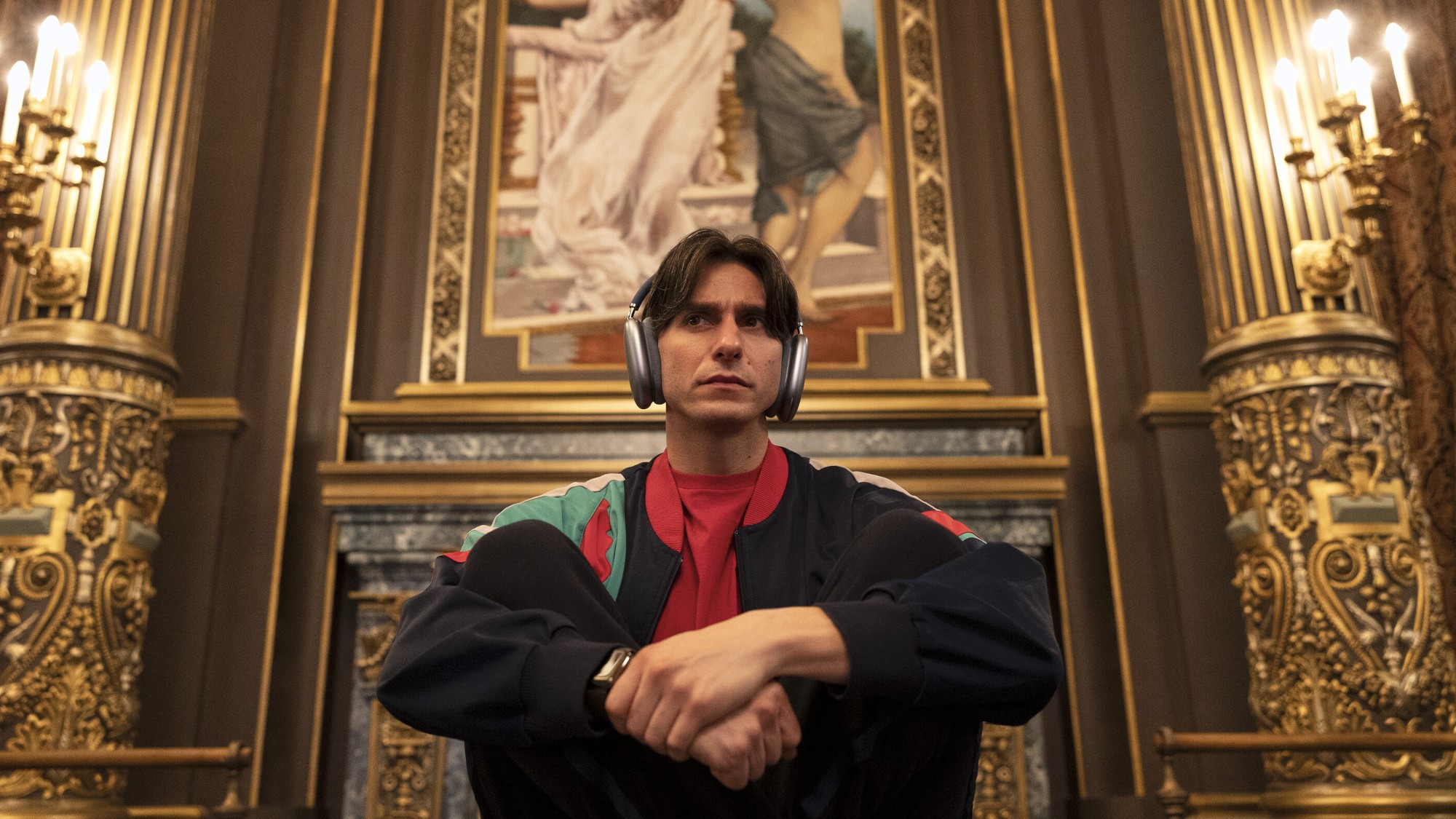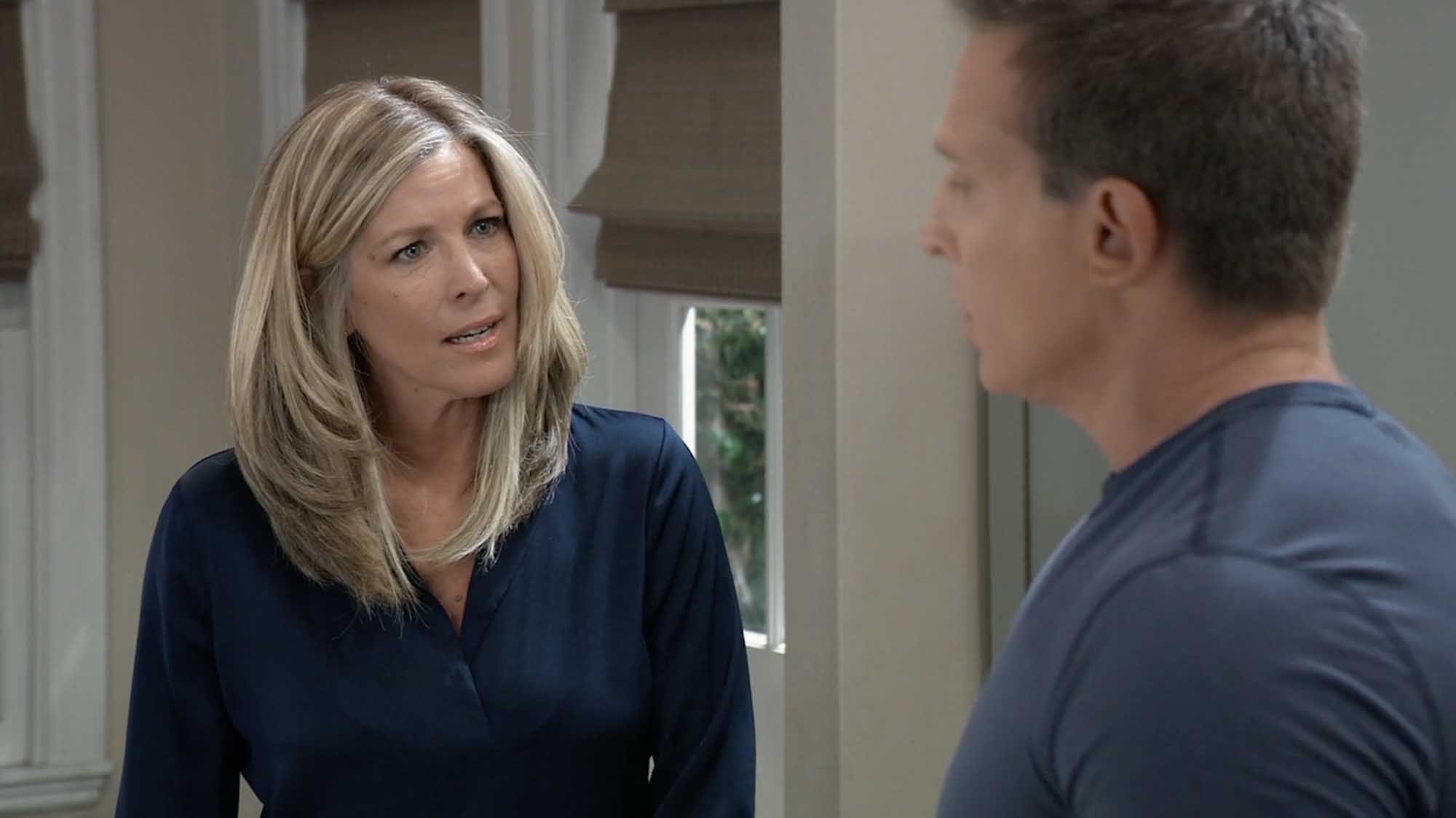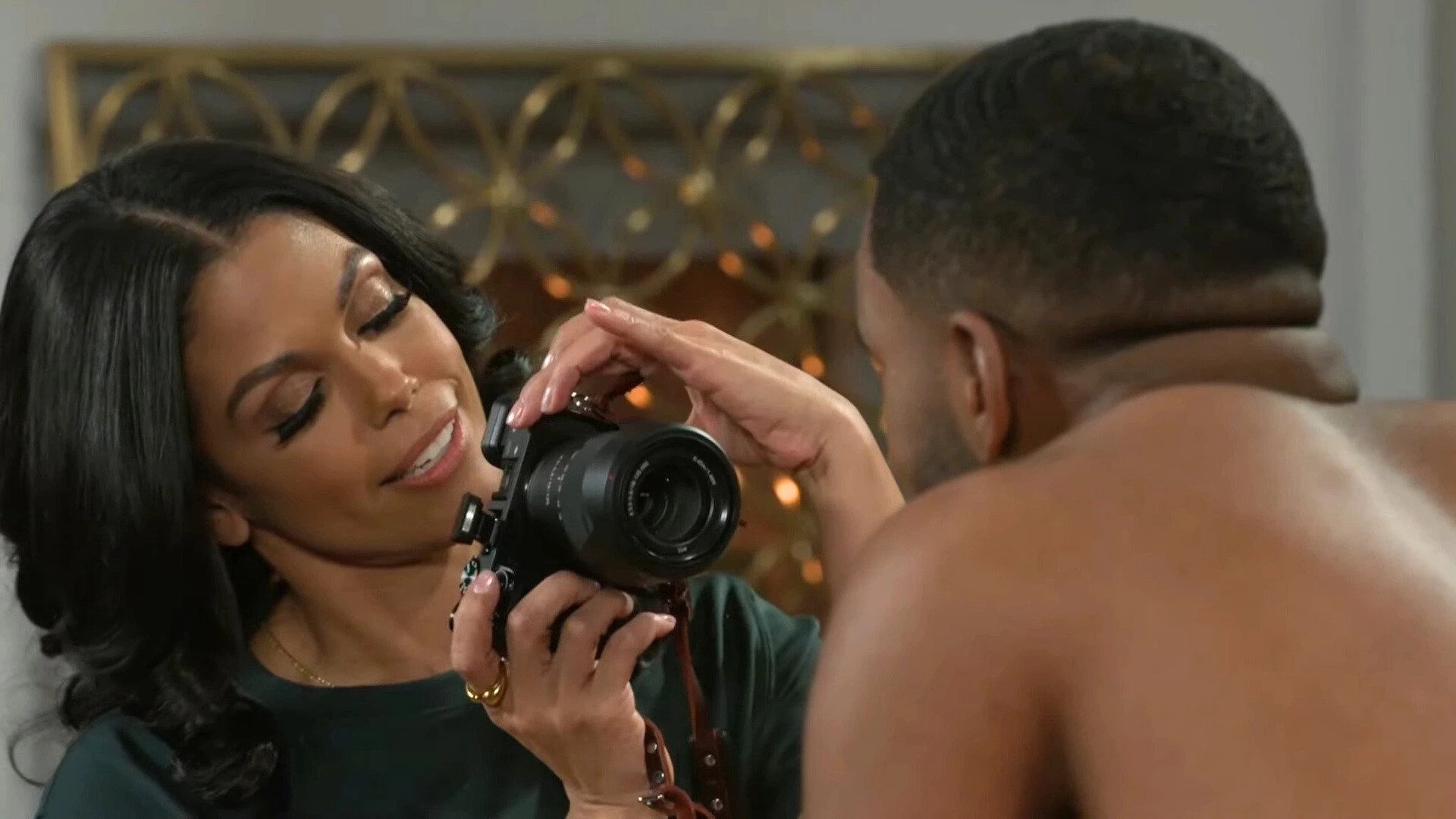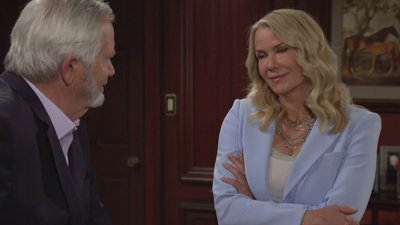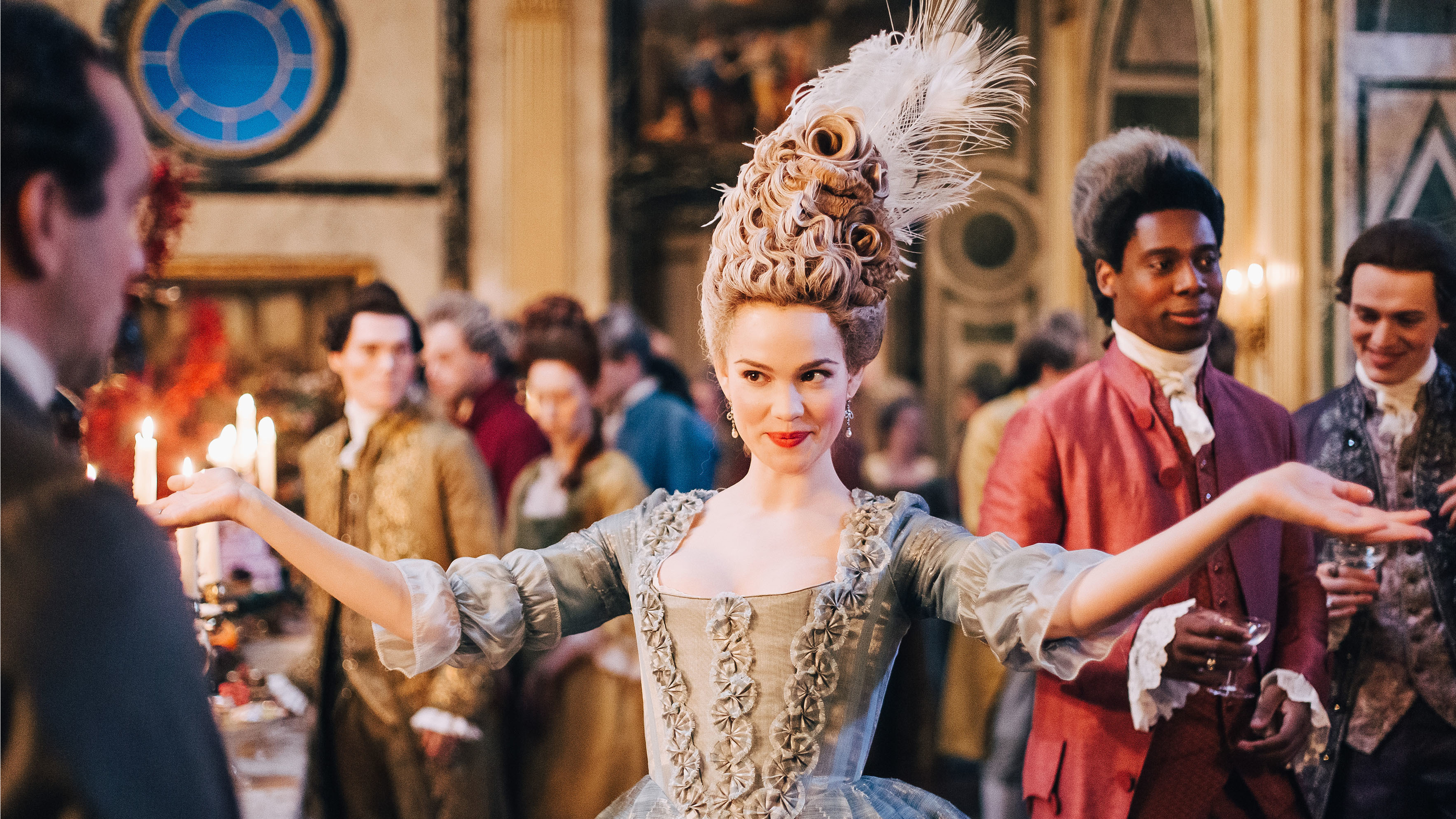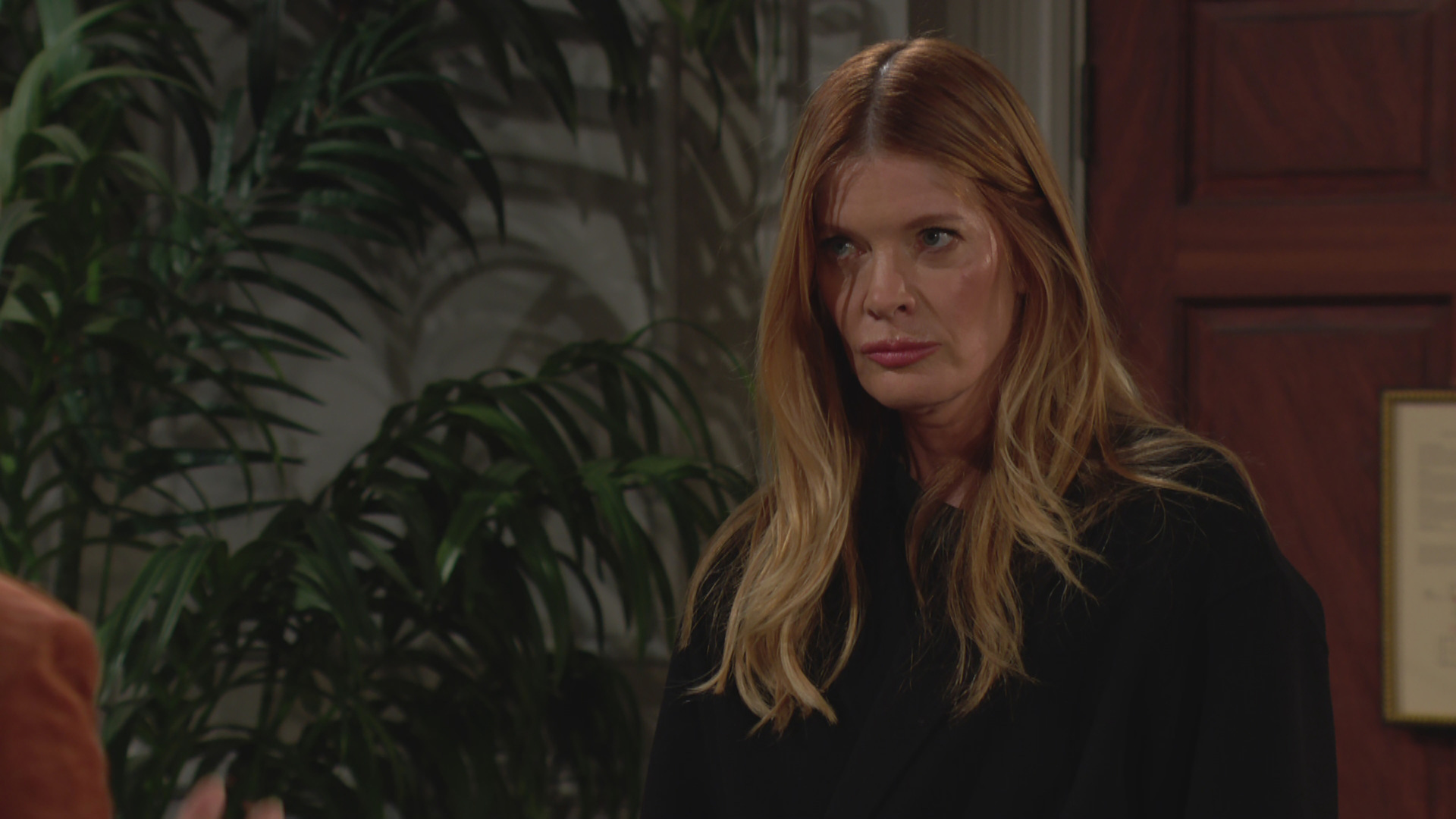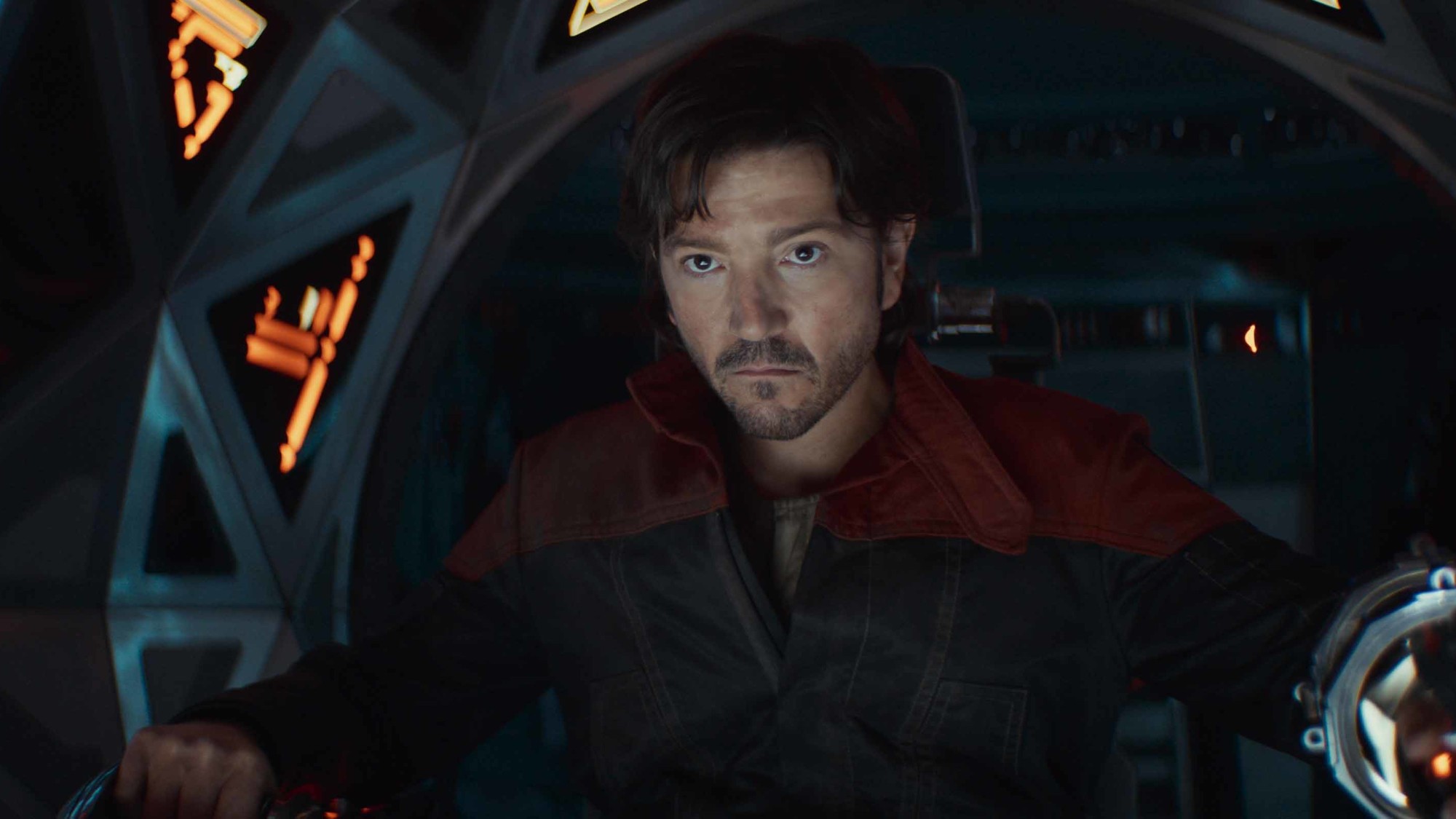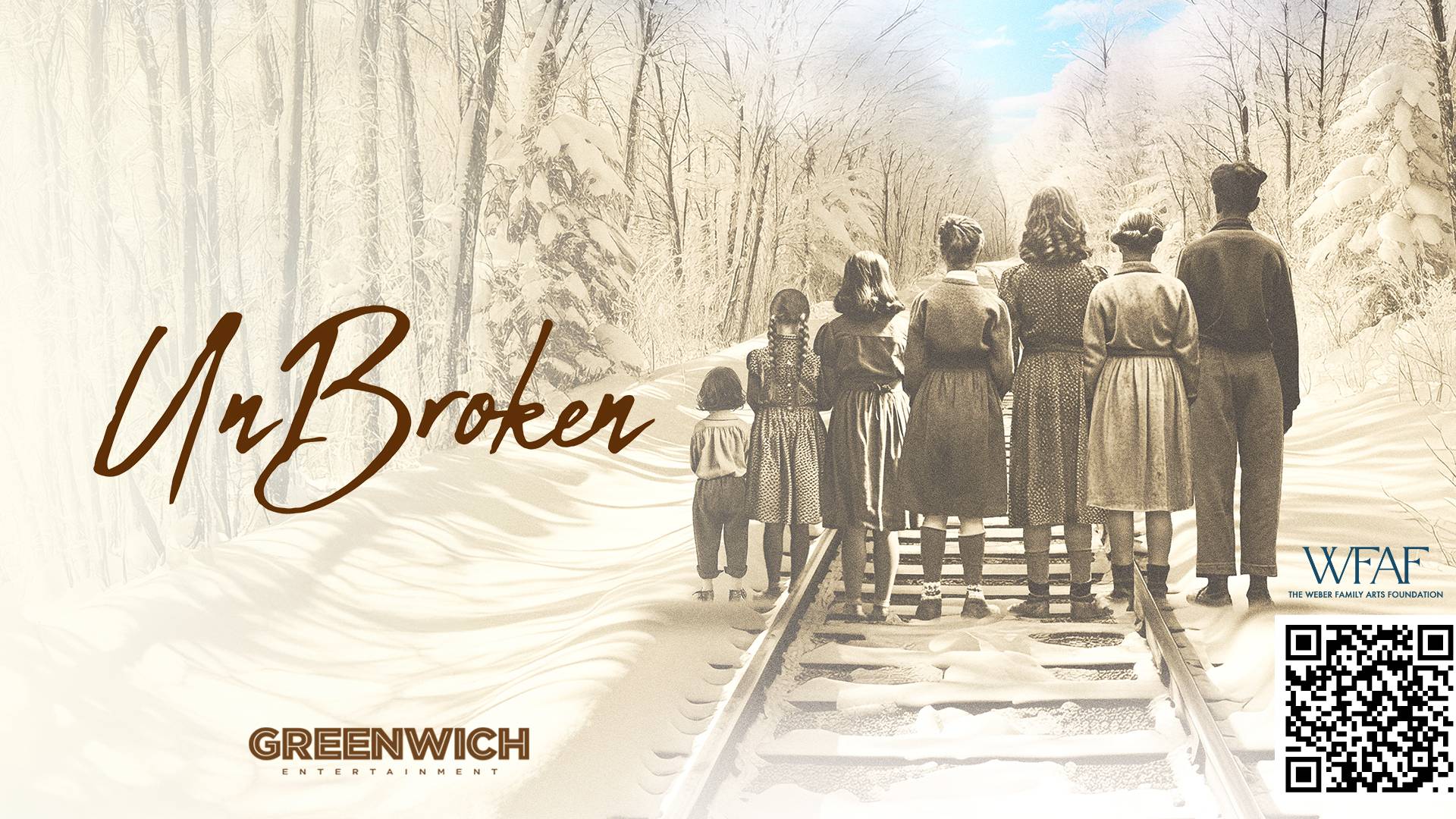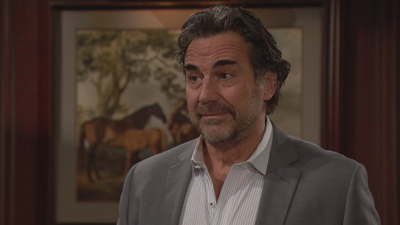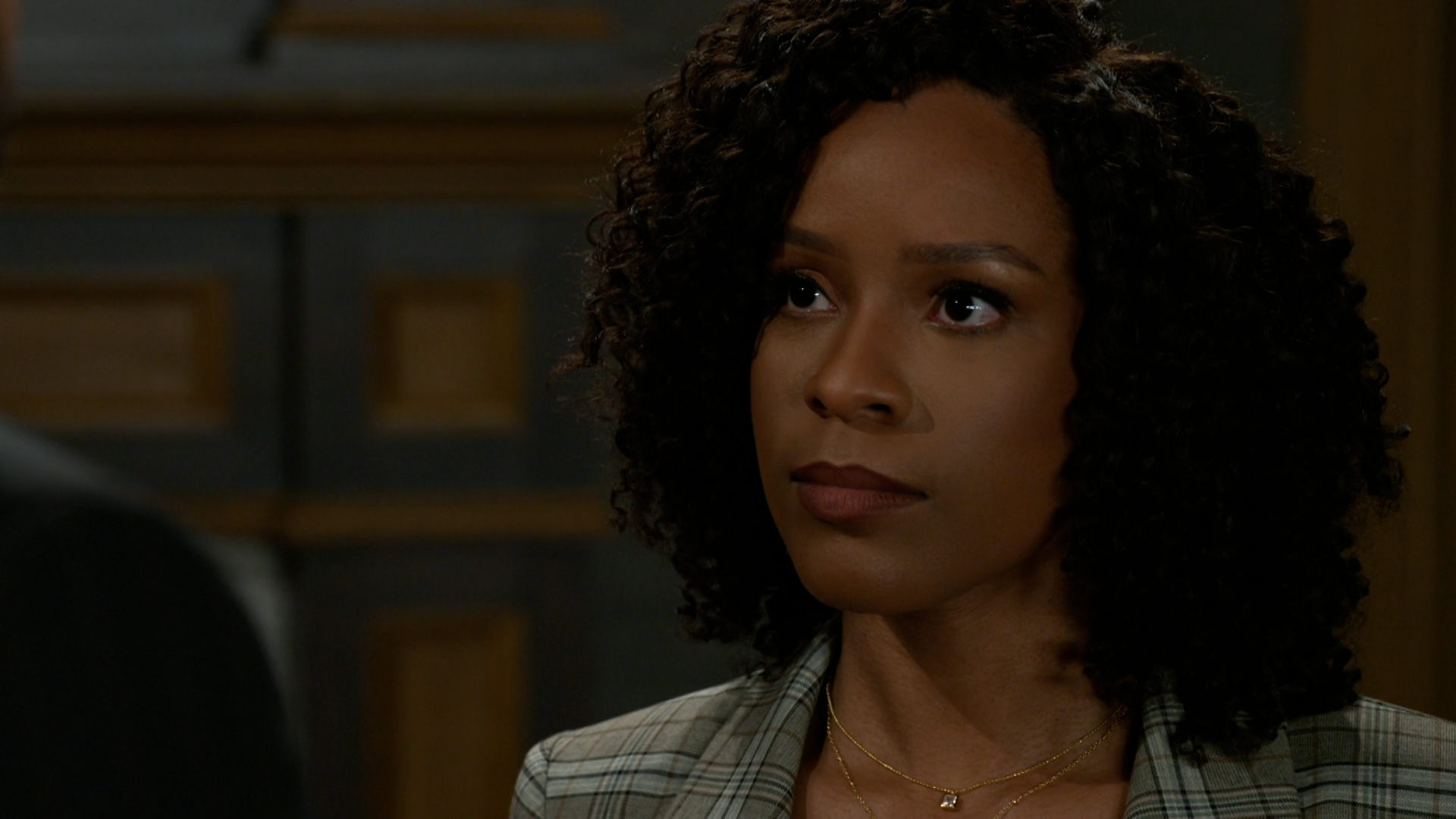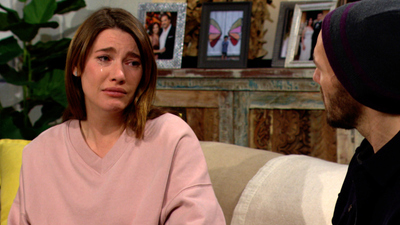Frank Gardner slams 'incredibly selfish' disabled loo users who don't need them
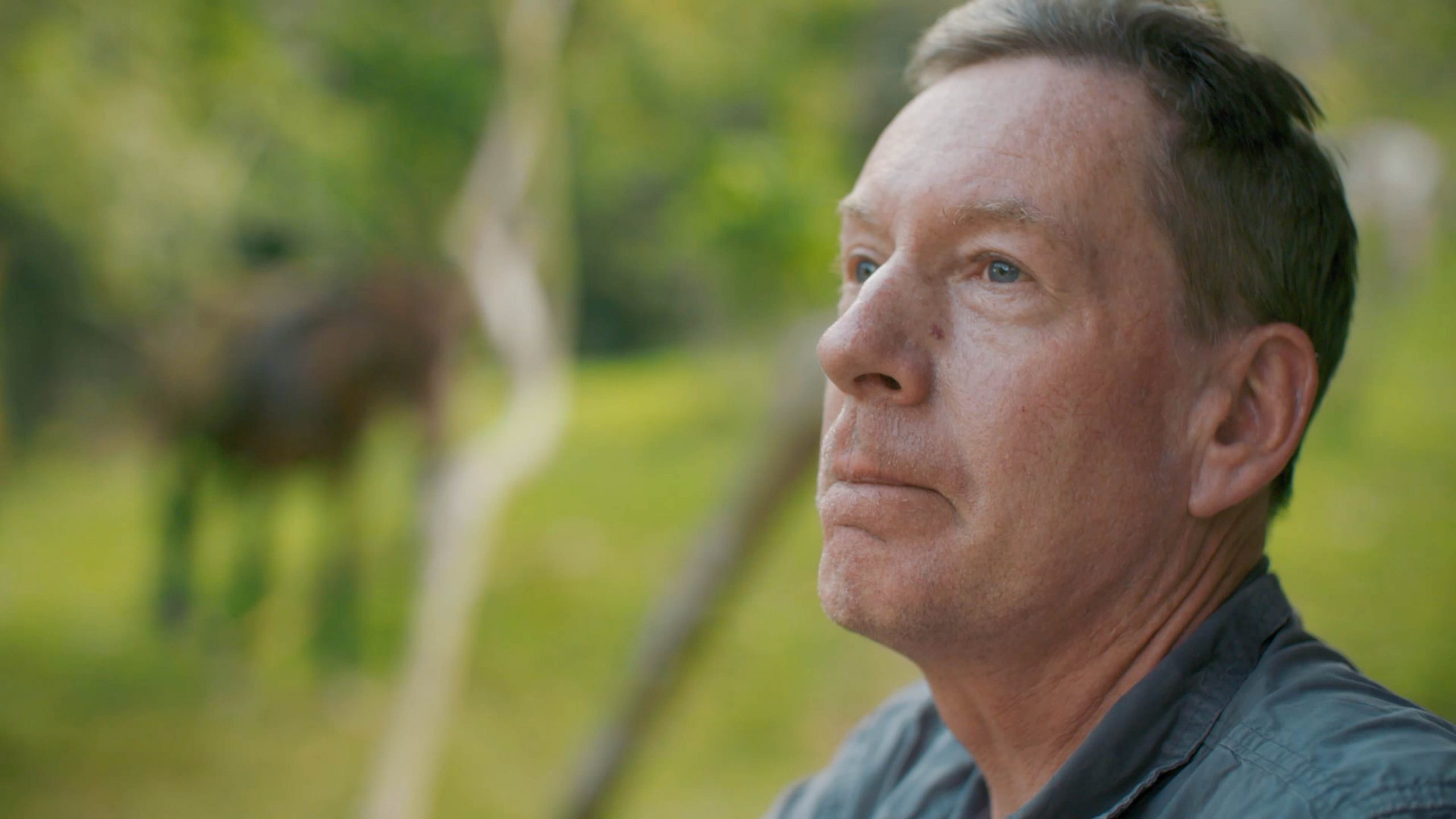
TV journalist and BBC security correspondent, Frank Gardner, shares his experiences of life in a wheelchair for his new documentary, Being Frank: The Frank Gardner story. And hits out at people who use disabled loos and parking spaces when they don't need to
The BBC’s security correspondent, Frank Gardner was 42 when his life was changed forever following an attack by al-Qaeda gunmen in Saudi Arabia.
Frank was reporting from the capital city, Riyadh, when he and cameraman Simon Cumbers were shot at by al-Qaeda gunmen. Frank was left partially paralysed by bullets to his spinal cord and has used a wheelchair ever since. Tragically his colleague Simon was killed.
Now in this one-off film Frank, 59, speaks candidly about the effect his partial paralysis has had on his life and meets others who’ve suddenly found themselves facing life-changing injuries.....
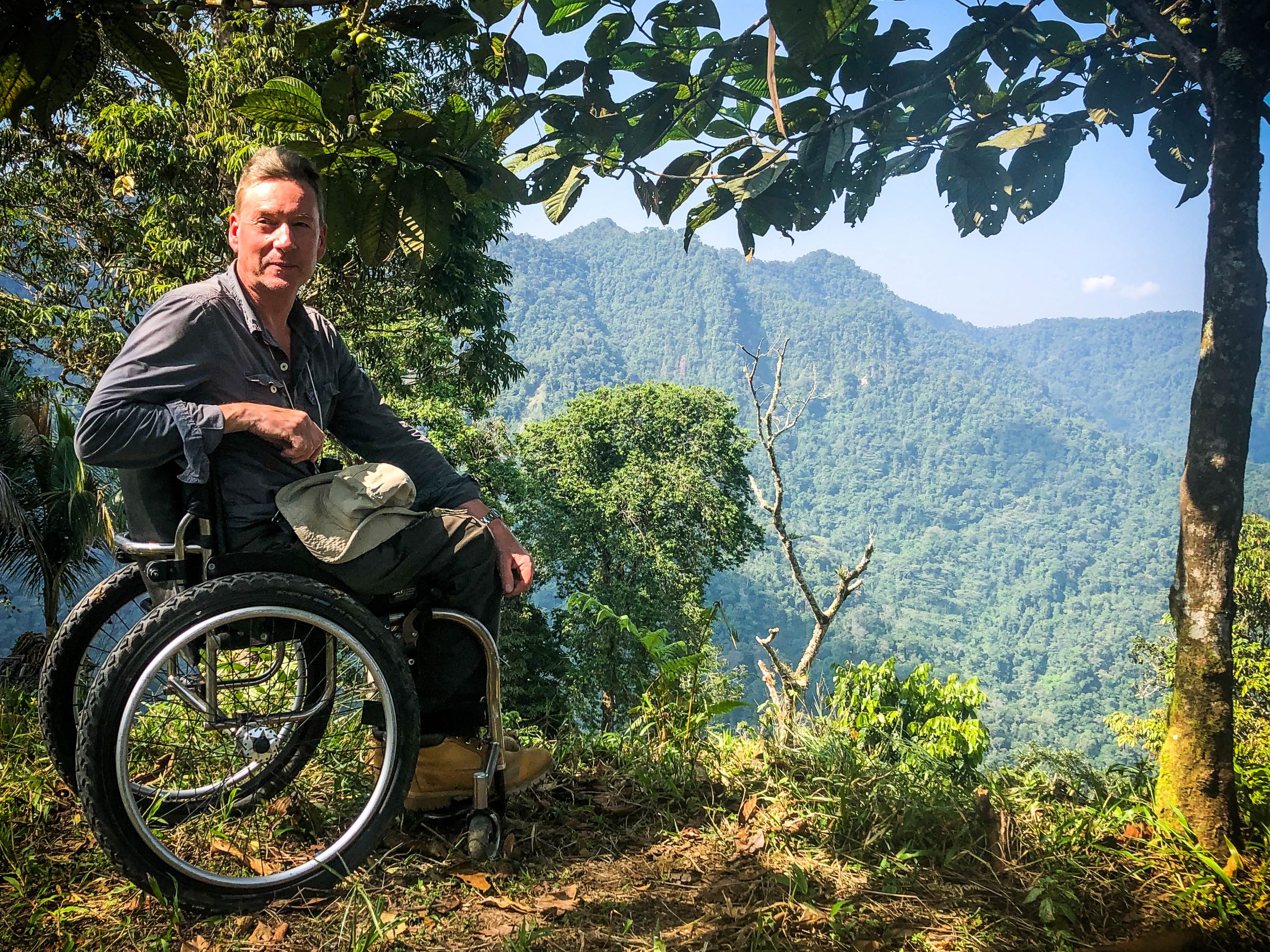
Frank Gardner talks about his no holds barred documentary, Being Frank, and the life-challenges he has faced...
Why did you want to make this documentary?
Frank Gardner: "Two reasons really. Firstly, I was approached by the director Charlie Russell and I’ve got to be honest, it’s quite flattering when someone tells you they want to make an hour- long documentary all about you. But far more importantly, I agreed to do it on the condition that it was no holds barred. I wanted to talk really candidly about the stuff that lies that below the surface with a life changing injury like a spinal cord injury. There are thousands of people out there who’ve got hidden disabilities, things they’re embarrassed about, things that hold them back, which it did for me for a while. In the early days, for example, I was disgusted having a colostomy bag but you learn to manage it and you think, ‘Actually, what’s important here?’ The important thing is getting out and doing the things that you want to do and being with the people you want to be with and not letting the other stuff get in the way. That’s the message that I want to give to people, so I’m hoping to inspire and to kind of encourage."
MORE: Here’s everything we know so far about all this year’s Christmas TV
Get the What to Watch Newsletter
The latest updates, reviews and unmissable series to watch and more!
What challenges and frustrations do you face on a day to day basis because of being in a wheelchair?
FG: "I think the biggest annoyances for me and for many others is people parking in disabled parking places who really don’t need it, it’s so selfish. Likewise people going into a disabled loo when they don’t need it. People think, ‘Oh it’s just this one time, it doesn’t matter’, but I experience this on a daily basis. Fortunately my injuries are quite low down which means in practical terms, I know when my bladder is filling up, but for a lot of people who are paralysed if they can’t get to a loo in time they risk a very serious condition called autonomic dysreflexia which is really serious, you can actually get a stroke from it, so it’s incredibly selfish and wrong for people to occupy disabled loos when they don’t have to."
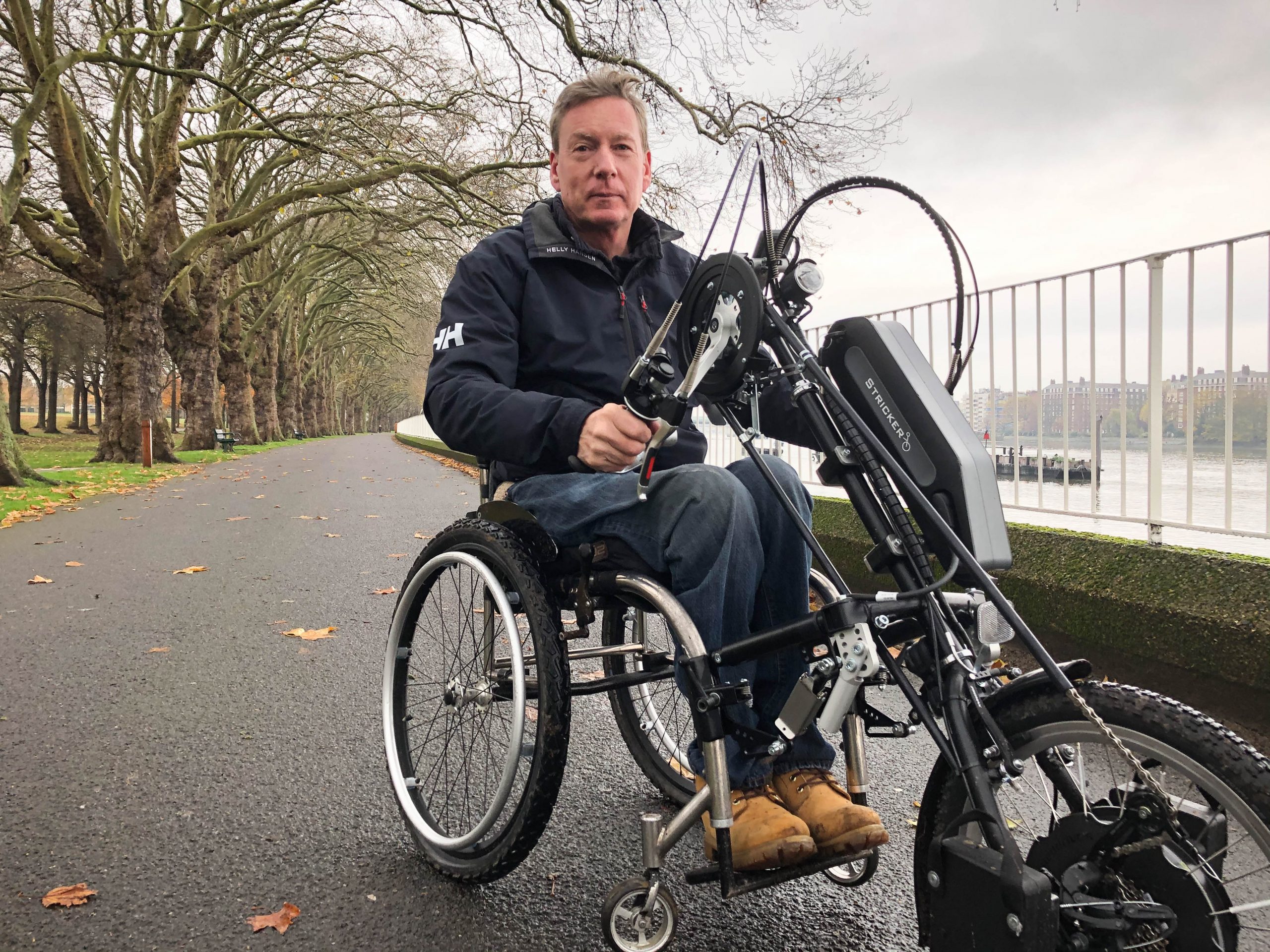
In the documentary you talk about the effect suddenly become disabled can place on personal relationships and meet people who have found themselves in that situation....
FG: "Yes, I was very lucky. During my time in hospital and afterwards my now ex-wife, Amanda, was a fantastic pillar of support, I cannot praise her highly enough, she was wonderful. If you imagine our family was a ship, after the attack the ship capsized and Amanda righted it. There was a stage when I came out of hospital and I was still very shaken up. I was desperately sad at what had happened, I saw the glass as half empty and I would burst into tears for no particular reason. She said, ‘You can’t be doing that in front of the children’, and she was absolutely right. It’s thanks to her that our family got back on track. We’re not together now but that’s probably nothing to do with my injuries, our marriage just ran its course, we had wonderful years together and now I’m with someone different and she’s with someone different, that’s just how it is."
MORE: Here’s everything we know so far about all this year’s Christmas TV
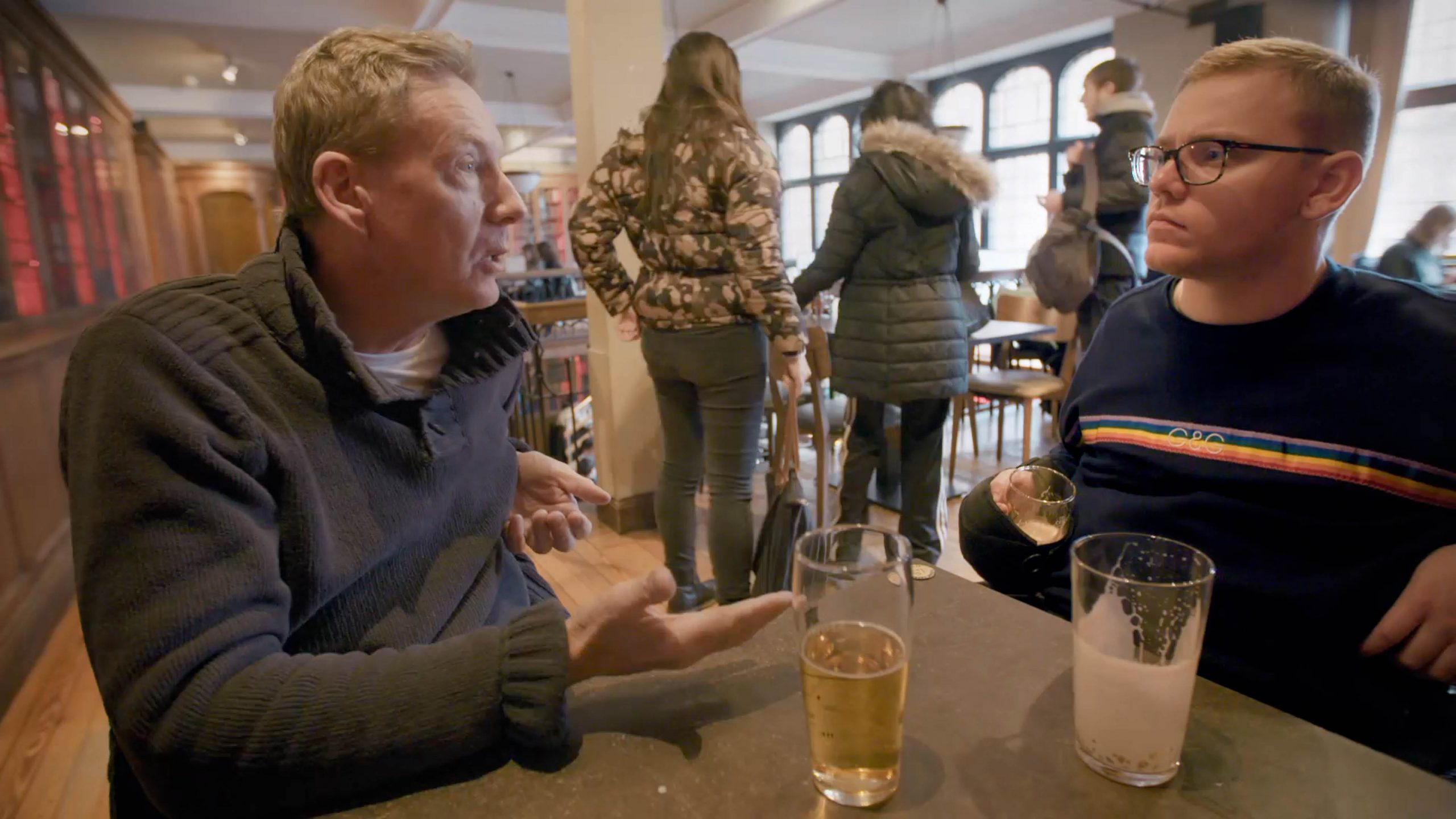
In the documentary we see footage of you in Riyadh just minutes before the attack, and you said that had never been shown before on TV. How did it feel for you watching that?
FG: "Pretty weird. Remember that for more than two thirds of my life I’ve been completely able-bodied. Seeing myself walking about in front of the camera seems natural to me but for my daughters, they were 5 and 6 at the time of the attack, they’ve always known their father in a wheelchair. But seeing that particular footage, it’s pretty poignant, that was the last few minutes in which we could have got away, we had no idea what was coming down the tracks at us."
Didn’t you pretend to be dead after you were shot at to avoid further attack?
FG: "Yes, I did. I wrote it all up in Blood and Sand in my first book. I’m not squeamish about talking about it but I’ve talked so much about it in the past."
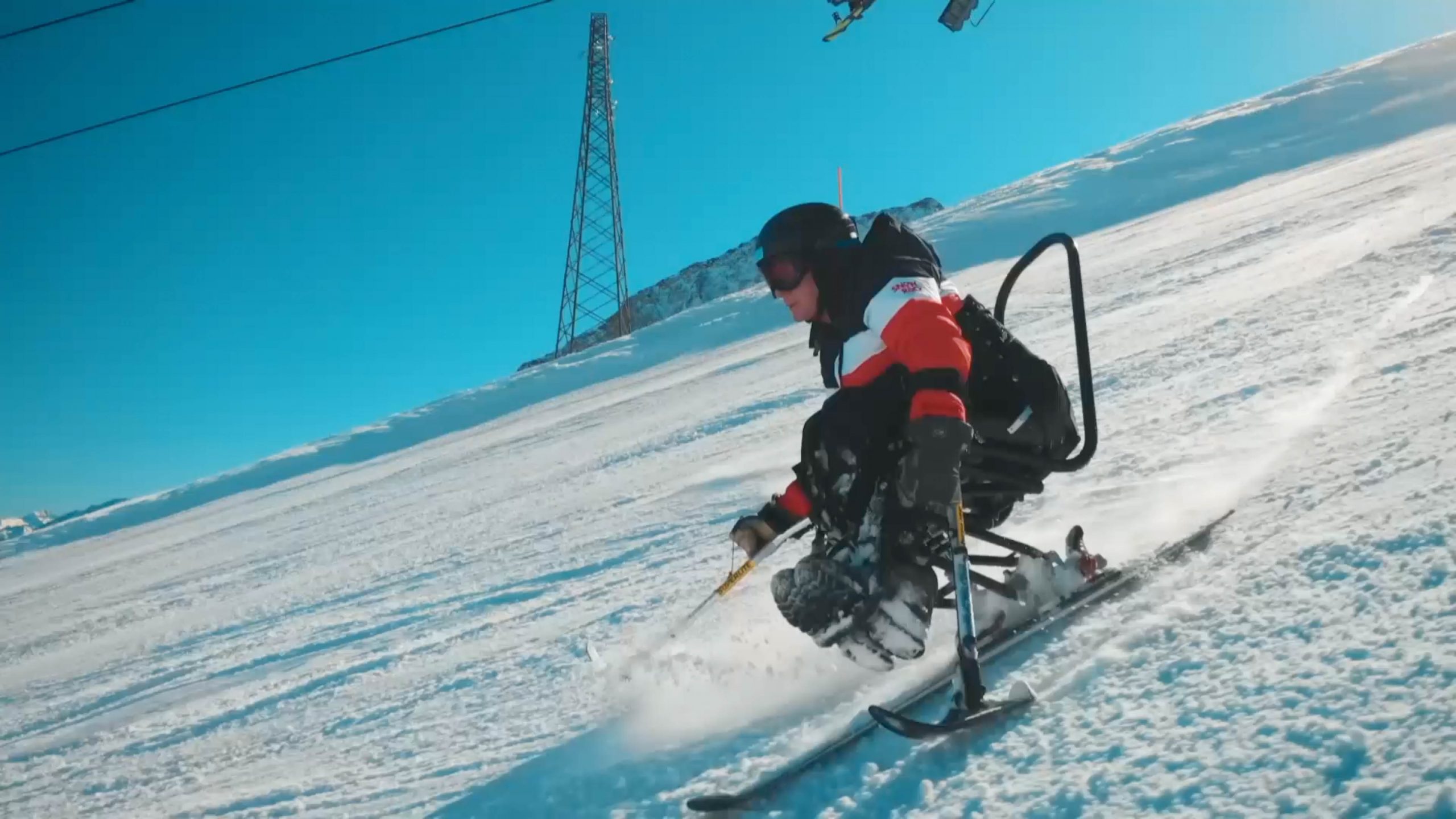
To what extent do you think you have accepted your disability now and what did you learn about yourself from making this documentary?
FG: "Every time I meet people who have had a catastrophic life-changing injury it makes me think how lucky I am to have the support that I do from my family and friends. I cannot imagine how tough it must be for others. Everything is relative. You can’t help comparing yourself. I meet a young woman called Yasmin in the programme who suffered a terrible spinal injury when climbing. The first thing I was thinking when I saw her was, ‘She’s standing up, she’s just got a stick, that’s not too bad’ but mentally I could see it has hit her much harder than me. I think, understandably, she’s having trouble letting go of her previous life. I’ve just had to kind of kiss it goodbye but actually also say, ‘Well hang on, I can salvage that bit, and that bit too.’ I can still ride around on a bike, I can drive a car, I can ski, I can scuba-dive, there are all these things that I can still do, so I’m pretty positive and optimistic on the whole."
What about the future? Do you have goals you want to achieve, places you want to visit?
FG: "Absolutely. I can’t wait to go travelling again when flight restrictions are lifted. I’ve been lucky enough to go to about 110 countries in my life, and there’s about 110 more I’d like to go to."
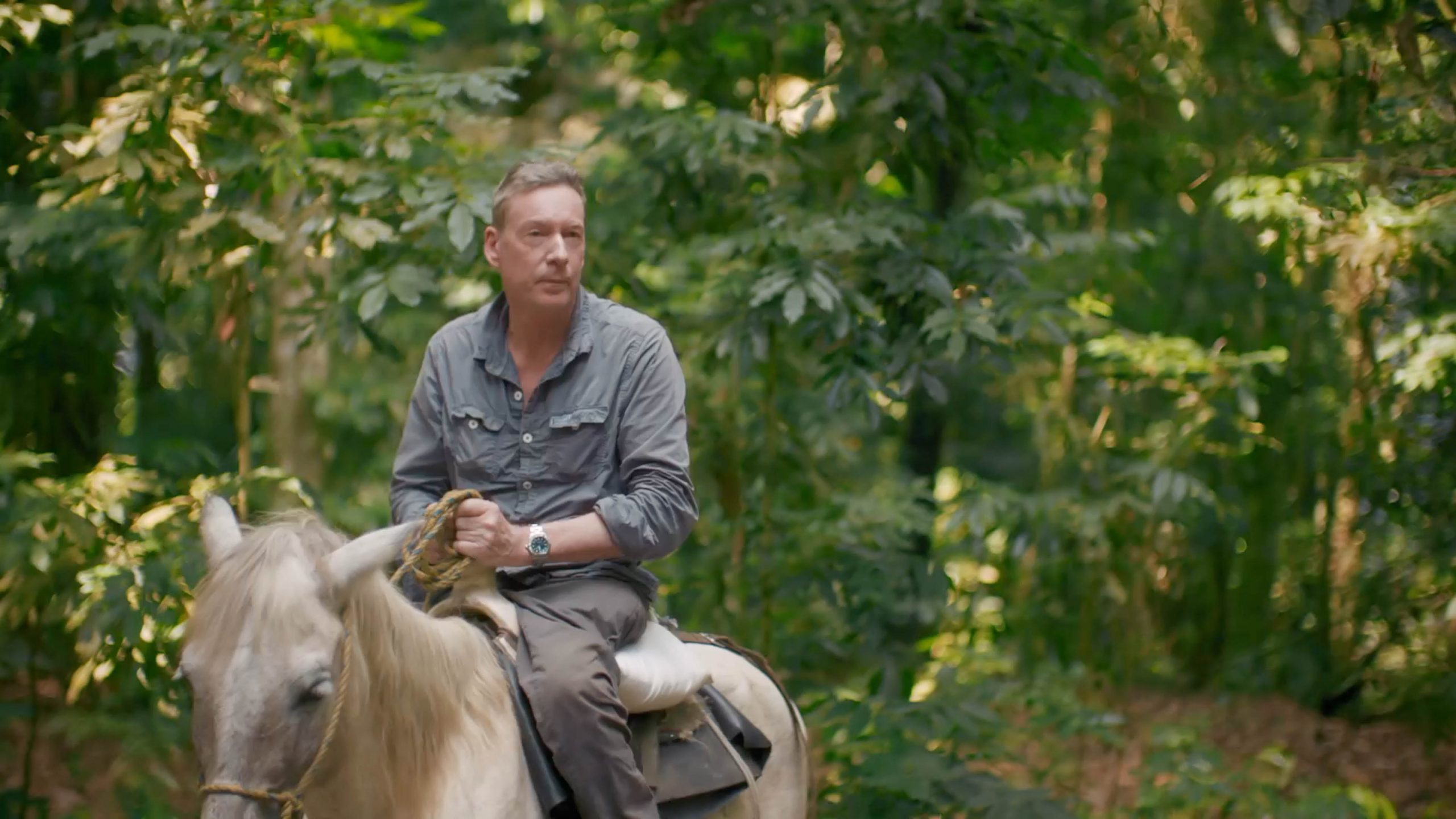
Where’s top of your list ?
FG: "There are so many but Antarctica is probably my ultimate. Nature is a big thing for me, I love nature photography. I’d also love to visit, Tanzania, Ghana, Zambia, Tobago and Bhutan although Bhutan with all its mountains is not a great place for someone in a wheelchair. I’d be very dependent on jeeps and motorised transport there. It’s incredibly frustrating that I can’t go hiking up into mountains like I used to. I’ve done endurance races and stuff like that in the past so not being able to do that independent, foot-based travel is very frustrating but hey, it still beats sitting in the office."
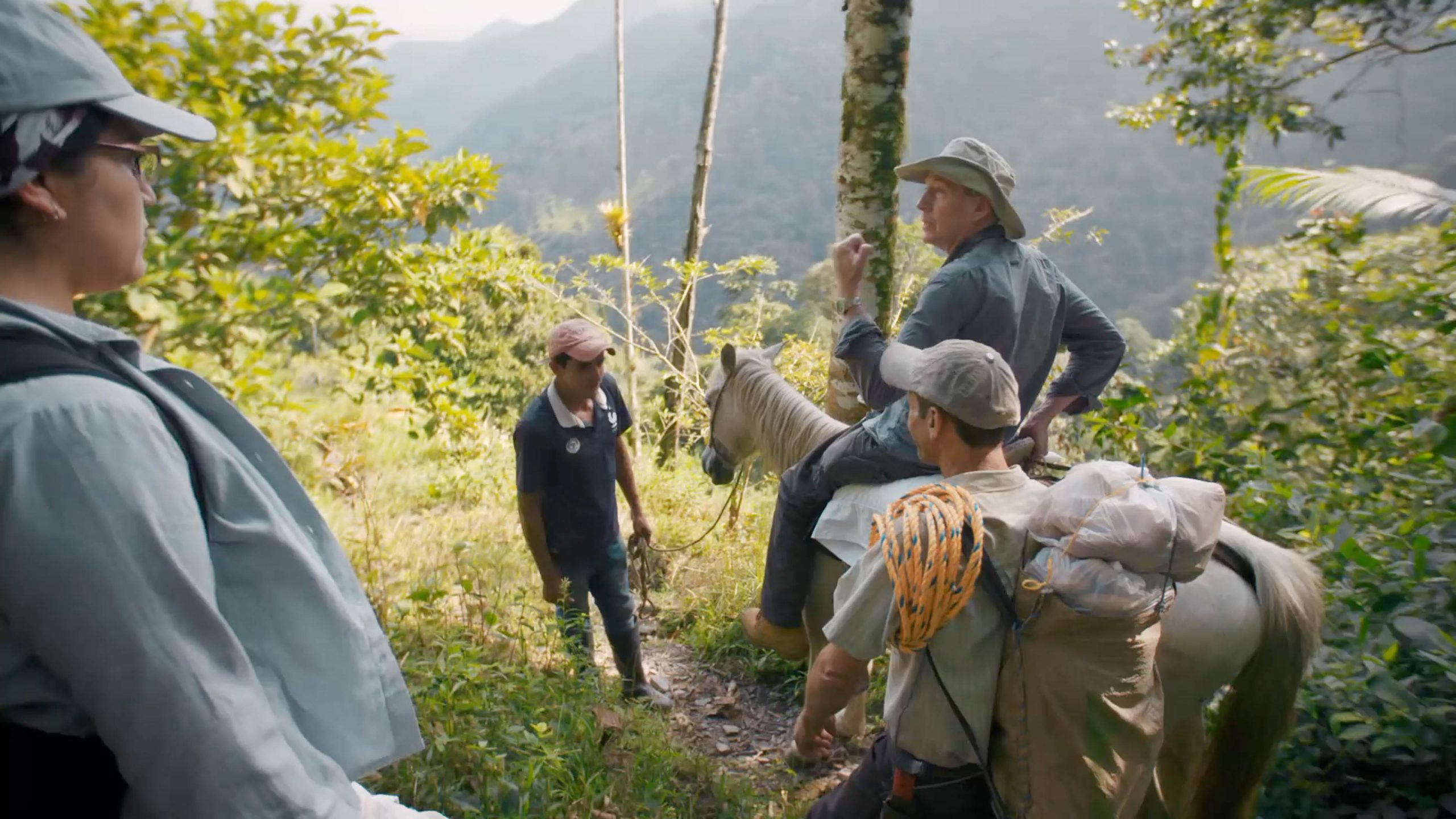
We see your frustrations in the documentary when you’re in Columbia for a BBC report and struggle to descend into the jungle…
FG: "Yes exactly. For me it’s the inverse of what I’ve been used to. I was an officer in a Reserve Infantry Regiment and there your job is to lead, to inspire, encourage others, to push the whole thing forwards and there in Columbia, I was the weakest member of the group. I was the one that jeopardising the whole trip instead of being the one that makes it go forward, so that’s a very weird situation to be in."
Being Frank: The Frank Gardner Story will be shown on Thursday, November 5, 9pm, BBC2
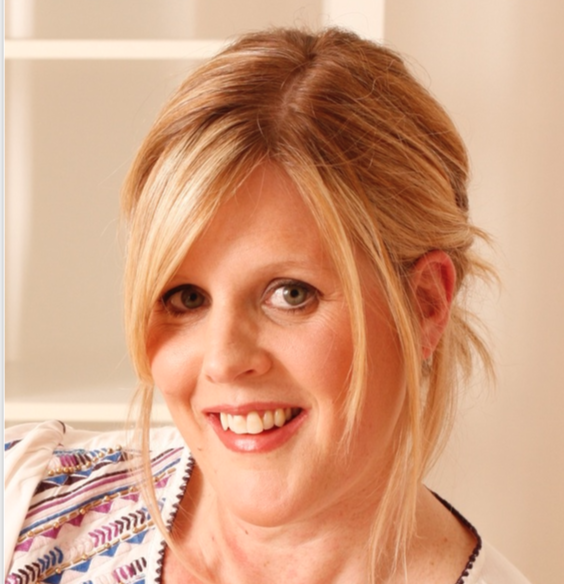
Tess is a senior writer for What’s On TV, TV Times, TV & Satellite and WhattoWatch.com She's been writing about TV for over 25 years and worked on some of the UK’s biggest and best-selling publications including the Daily Mirror where she was assistant editor on the weekend TV magazine, The Look, and Closer magazine where she was TV editor. She has freelanced for a whole range of websites and publications including We Love TV, The Sun’s TV Mag, Woman, Woman’s Own, Fabulous, Good Living, Prima and Woman and Home.
